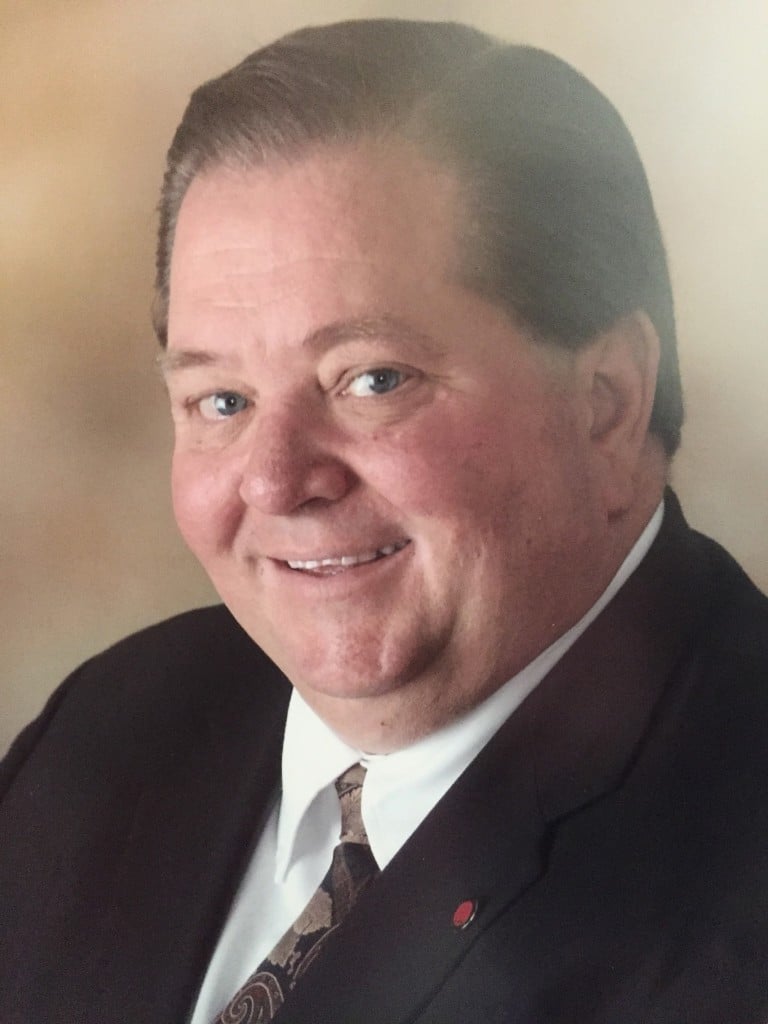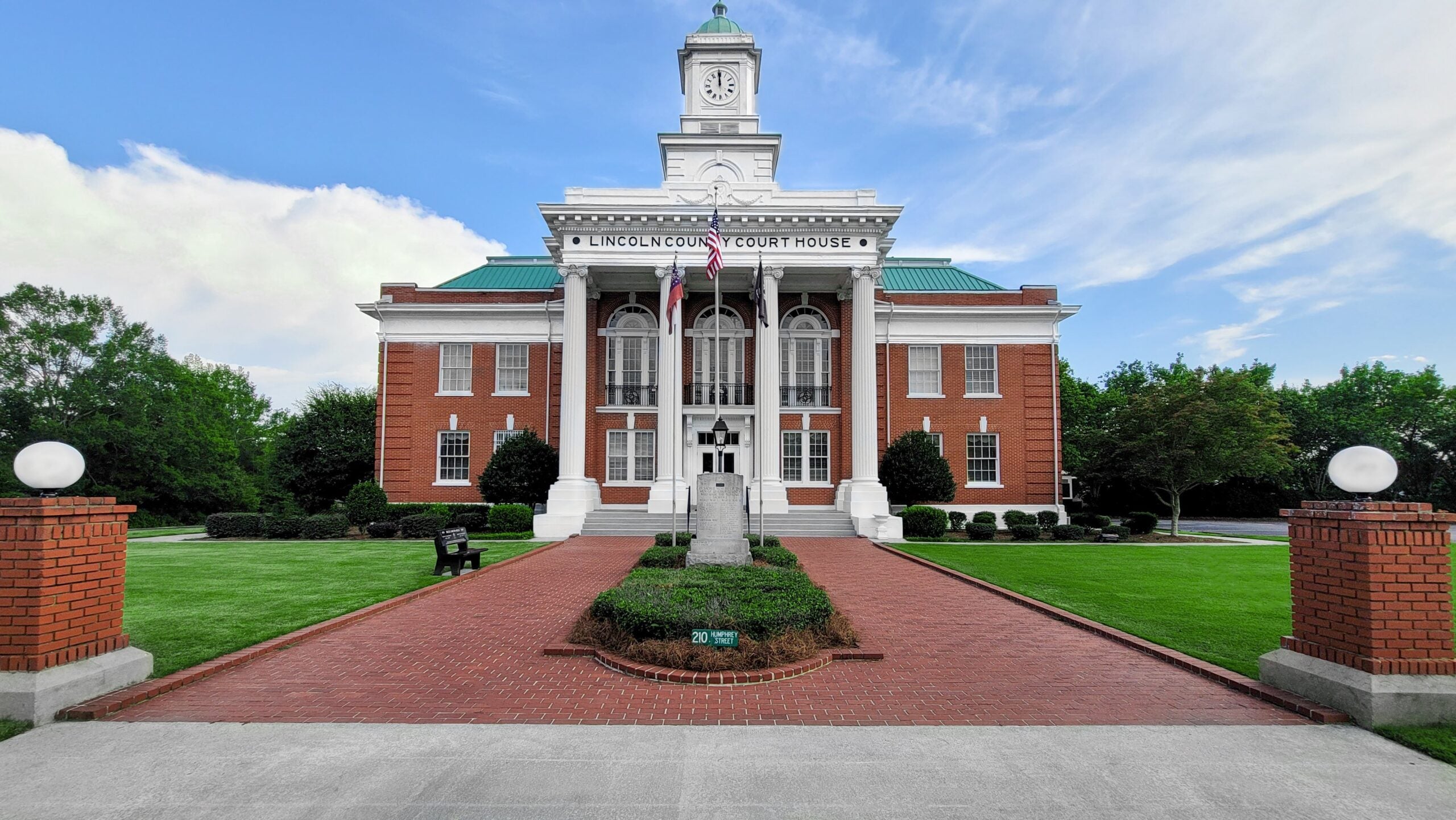The Superior Court of Lincoln County has ruled in favor of plaintiffs who argued against the legality of the county’s so-called “water availability fee” charged to property owners whose land does not access the county water delivery.
The decision could open up a floodgate of monetary claims against the county as a class action lawsuit is being filed.
Lincoln County Commission Chairman Walker Norman was unable to be reached for comment.
Much like the “storm water fee” in Richmond County, Lincoln County officials passed the ordinance in 2007 and labeled it a “fee” rather than a tax for the purposes of making the monthly charge more palatable.
Under the ordinance, landowners had to pay a $10 monthly fee for not having county water hooked up on their property.
According to the plaintiff’s’ attorney, Jeff Peil, the fee mainly affected those who own property but who have their primary residents outside of Lincoln County, owners of undeveloped lakefront property as well as developers who buy large swaths of land and parcel the land into sellable lots.
Since 2007, residents who installed wells on their property have had to pay the fee.
Plaintiffs Serenity Builders and Developers LLC, argued that the Lincoln County fee provides no possible benefit to the landowner and is really a “tax” for not accepting a county service.
The ordinance also allowed the county to place a lien on the property if the fee was not paid.

The owner of Serenity Builders and Developers, Mark Jackson, says that prior to filing his lawsuit, he had discussions with Norman, who he describes as acting like Boss Hogg of Hazzard County in the fictional television program.
Jackson says that he owns 20 lots, but only one, a lake house that is his family’s private retreat, accepts county water services, so he was paying over $2,000 a year in accessibility fees for undeveloped land.
“I really could not understand why I was being charged these fees when what I was trying to do was develop these wonderful properties, not turn out cookie cutter developments, but develop properties that would grow the tax base,” Jackson said.
According to Jackson, when he protested to Norman about the unfairness of the fee, Norman threatened to cut off the water to his lakehouse.
This conversation occurred during the Covid outbreak, at a time when Gov. Brian Kemp had signed an executive order banning counties and municipalities from cutting off water to customers for nonpayment.
Regardless of the governor’s order, Jackson says that Norman directed that his water be cut off, and when he told Norman that he would just drill a well on the property, Norman threatened to have him arrested.
Jackson said that he worried that Roscoe P. Coaltrain might show up at his door anytime to try and take him into custody.
“It was absolutely crazy. It was like the Dukes of Hazzard. I was told that I am an NFLer, not from Lincolnton. They wanted to take my money, but I had no voice as a taxpayer,” Jackson said.
The Superior Court agreed with Jackson and not only struck down the ordinance but awarded Jackson $12,130 in refunds, and that ruling opens up the door for anyone who has been subject to the fee to possibly be reimbursed for the fees they paid.
Peil says that he is now filing a class action lawsuit against the county that might spread the judgment around to others that have been forced to pay the fee.
“I know this is going to hit Lincoln County hard in the pocketbook, and I hate to see that, but they knew what they were doing was illegal and they had plenty of opportunities to fix it. The people of Lincoln County need to realize that their government hides behind closed doors and secretly meets and they do not have the best interests of the county in mind, they are in it for themselves and their friends,” Jackson said.
Scott Hudson is the Senior Investigative Reporter and Editorial Page Editor for The Augusta Press. Reach him at scott@theaugustapress.com











